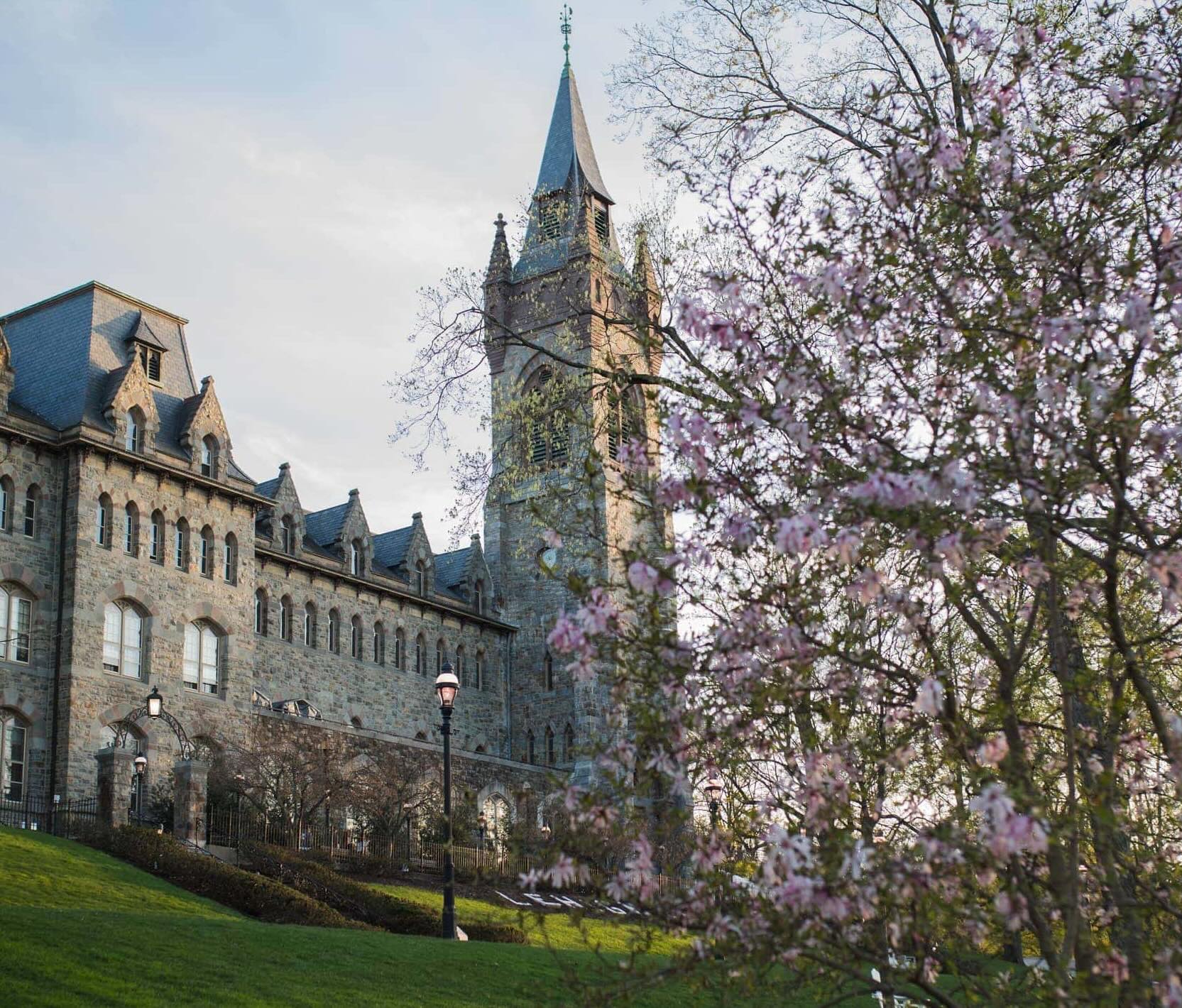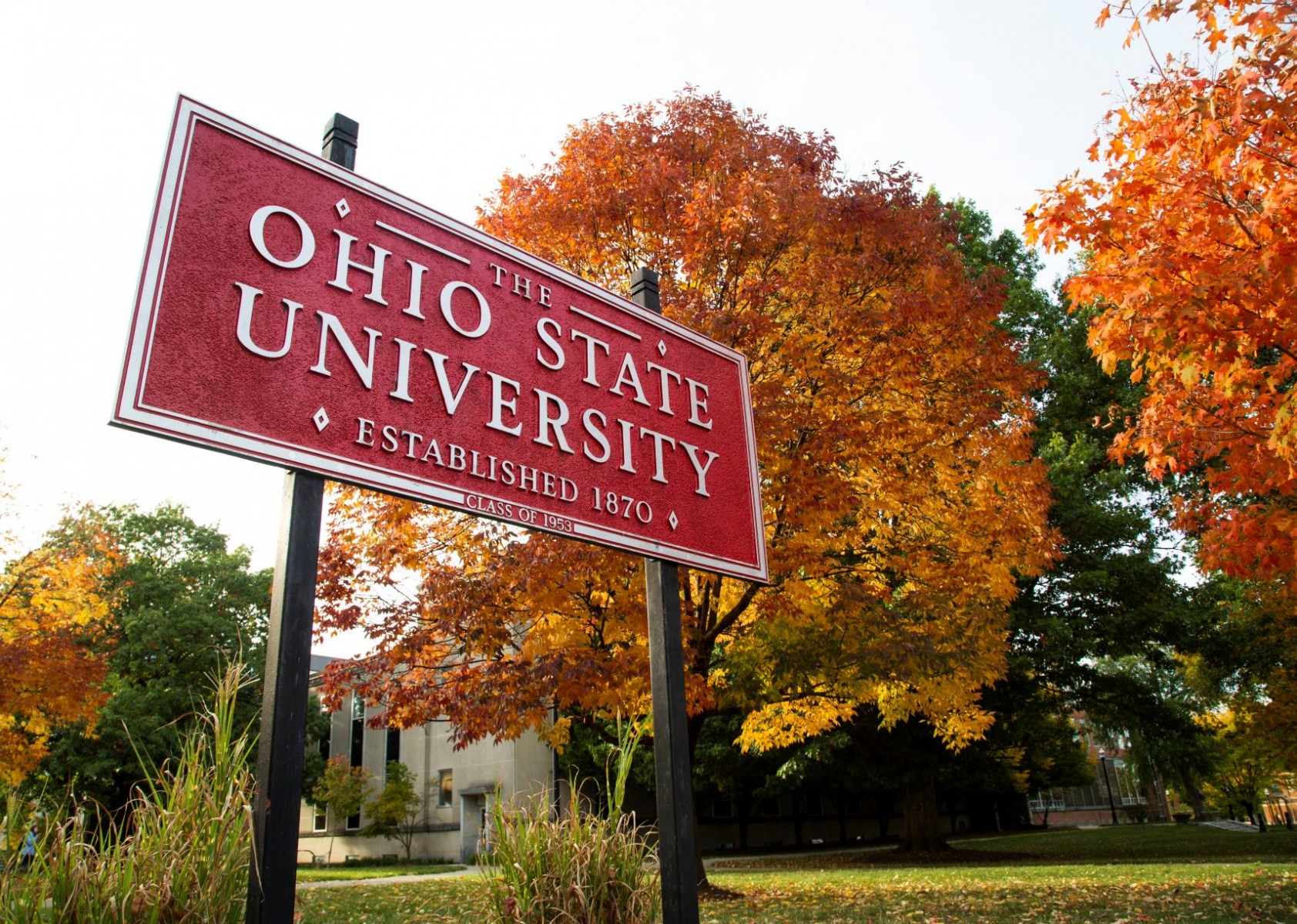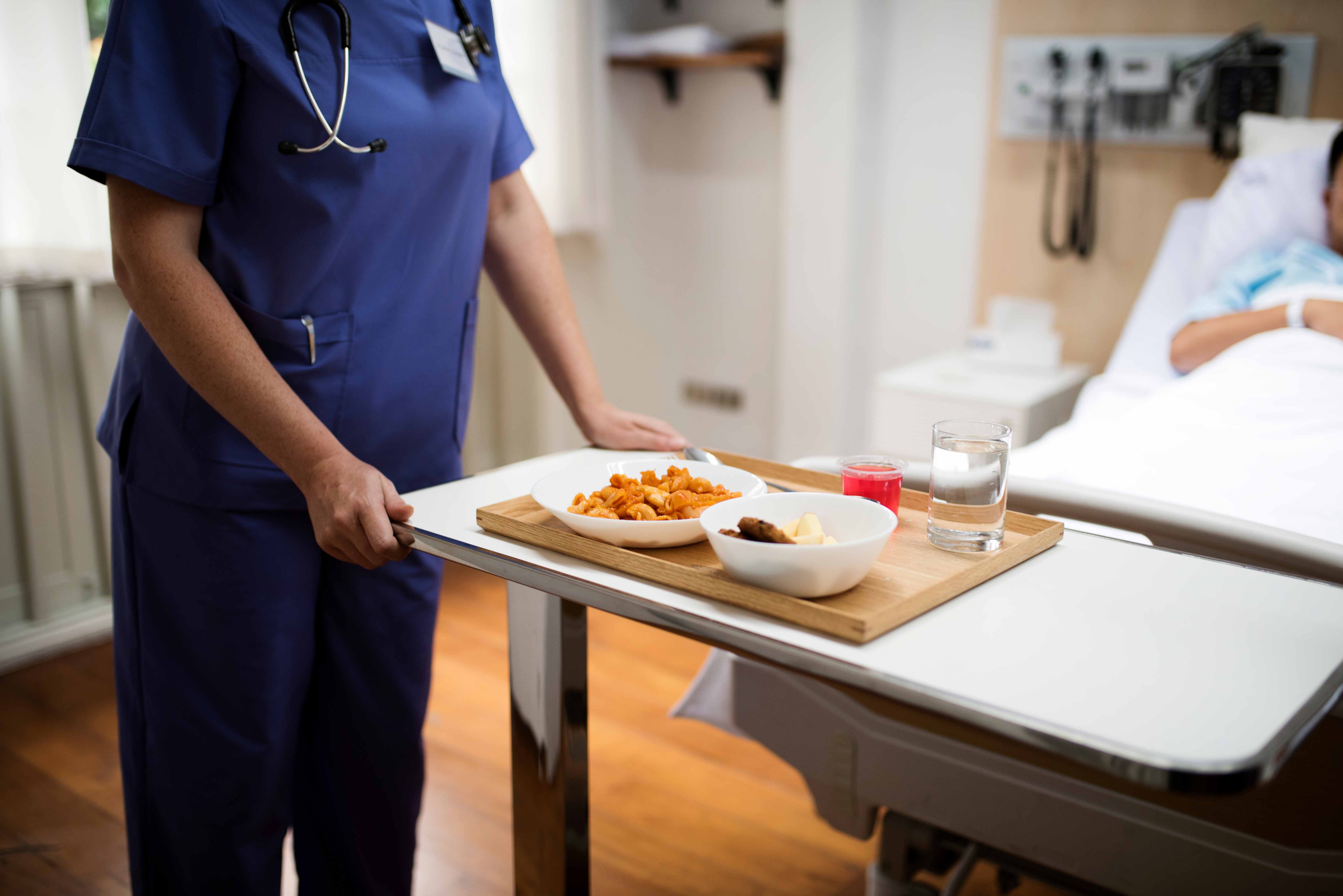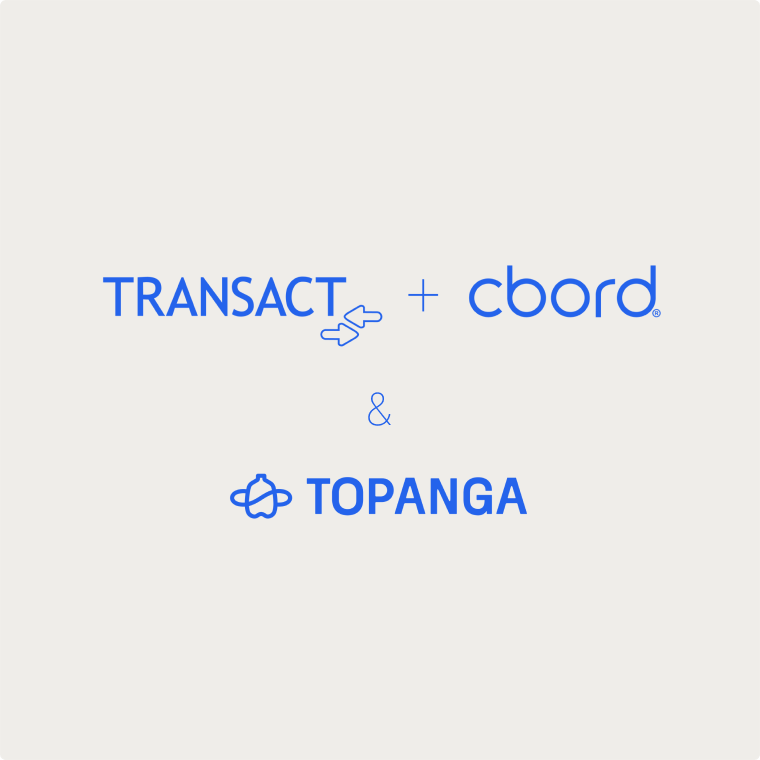Key Results
- 99% average return rate
- 46.5 average uses per asset (< $0.07 per use) which is 70% less than the average cost of compostable single-use containers
- < 1-day-long returns on average thanks to SMS accountability and ReusePass return windows
- 3-day cycle rate, from initial checkout to checked out for next reuse
- Opening new participating locations and expanding into RFID scanning to support higher-volume operations
"McMaster Hospitality Services has been so happy with our Topanga experience. We like that the system is simple and seamless for both our customers and our operators. We were able to use our existing green containers and added unique stickers to match containers to students. The unique tracking codes are so helpful to nudge students to ensure that we get our containers returned. Students find it very helpful that they can use SSO to sign up for ReusePass, and add ReusePass to their digital wallet, making it an easy and accessible system."
– Liana Bontempo, McMaster University Manager of Strategic Initiatives & Partnerships
Introduction
McMaster University is a public research university based in Ontario, Canada with a 36K student body. McMaster’s Office of Sustainability is committed to transforming their campus into a living laboratory of sustainability––from dining and waste, to transportation and furniture reuse.
Problem
When McMaster started talking with Topanga, they were using an independently-operated, analog reusables program where students showed membership cards to request meals in a green, reusable to-go container and receive a $0.25 discount. Even after trying various iterations of reuse programs, McMaster was still frustrated with their reuse results: They were consistently losing containers, had low program awareness, and had trouble getting operators to understand how the programs worked.
Solution
McMaster was drawn to Topanga’s very simple and easy-to-use yet powerful track-and-trace technology that would make for a seamless experience for both the customer and operators. The ability to have unique tracking codes to match containers to specific students and automated SMS return reminders/nudges were both major selling points. McMaster also liked that 1) ReusePass was a packaging-agnostic program, meaning they could use their existing containers without purchasing new ones, and 2) students could easily sign up using SSO.
Program Design and Setup
At McMaster, Topanga executed a site visit for operational training and set-up. They worked with the McMaster dining team to operationalize the program and design a service design so that ReusePass operations could seamlessly align with existing day-to-day operations.
They placed scan-out ScanApps at existing check-out stations which led to a relatively seamless launch. They launched with Topanga ScanApp set-up back-of-house to scan containers in at the dishwasher.
Topanga partnered with McMaster to share turn-key, branded marketing launch signage to raise program awareness and encourage early sign-ups before launch.
Program Launch
McMaster launched their ReusePass program in Fall ‘23 at one main dining location with a declining-balance tender model. This included in-person ordering with a pay-to-exit model.
They started ReusePass as an optional program with a $1.25 single-use surcharge for compostables or reuse for free with a $5.00 late charge for unreturned containers at the end of each semester.
McMaster launched with one container asset type: their 4,500 existing G.E.T. container inventory, which was retrofitted with Topanga tracking tags.
Lastly, return bins were placed in the base of the building of the dining location.
Results
Since launching in Fall of ‘23, McMaster’s ReusePass program has had an average 99% return rate. Their containers are used an average of 46.5 times before retiring. This equates to less than $0.07 per use, which is 70% less than the average cost of compostable single-use containers.
It takes their student diners less than 1 day to return their containers on average thanks to ReusePass SMS accountability texts and clearly communicated return windows.
With a 3-day cycle rate (from initial checkout to ready for next reuse), McMaster has experienced highly efficient inventory usage and turnover. Because of the high accountability and streamlined operations of their ReusePass program, they have intentionally not used ~3k containers to ensure high-asset utilization and FIFO best practices. Their low 2.5% missed scan-in rate further showcases the operational efficiency and ease of use in back-of-house scanning operations.
Student Engagement
Topanga has worked with McMaster to test the impact of sharing Topanga’s environmental impact reporting on ReusePass program engagement. They saw that students who received SMS recapping the program’s environmental impact opened significantly more loops than students who did not!
Additionally, Topanga supported student tabling events with stickers, reusable straw giveaways, and signage––all of which led to an increase in new ReusePass diner sign ups!
Lastly, McMaster has since launched the ReusePass Campus Ambassador Program on their campus and is excited about building a deeper relationship with sustainability-focused student groups to drive further education and awareness for waste reduction. Additionally, McMaster now has a great web page where all ReusePass information lives––including what ReusePass is, how it works, and any other FAQs their students may have. Check it out here.
Program Expansion
Thanks to the success of their first year with ReusePass, McMaster is now strategizing expansion opportunities into the student center––a location with 100% takeout and higher to-go volume and a mix of student and staff diners.
While the ScanApp for container scanning has been effective and efficient, McMaster sees an opportunity to grow into RFID read zones to leverage laborless tracking as they increase their participating locations and overall reuse volumes.
Interested in how Topanga could improve your dining program? Let’s chat.
We’ll walk you through how Topanga can support your goals and tailor a solution to fit your operation.



.avif)



















.png)
.png)
.avif)